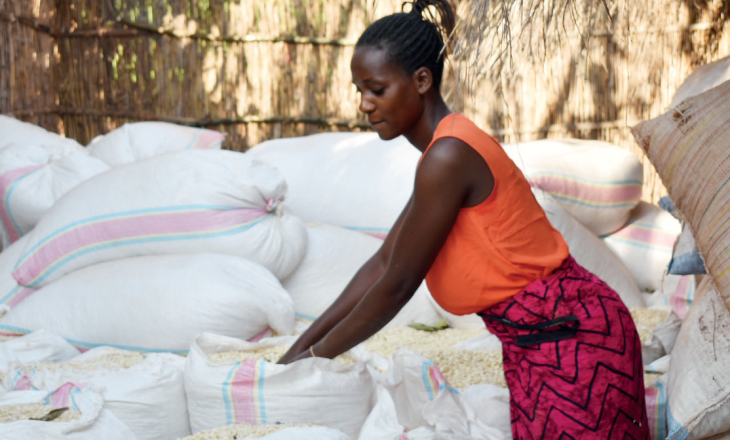
Maize Price Surge: 16% August Increase Set to Reshape Malawi’s Economic Landscape
Key Business Points
- Maize prices have surged by 16 percent to reach K1 510 per kilogramme, with the highest price recorded at Nsanje Boma at K75 500 per 50kg bag, affecting businesses and consumers in Malawi.
- The price increase is attributed to government intervention, including Admarc Limited’s intention to import 200 000 metric tonnes of maize and the National Food Reserve Agency’s (NFRA) buying of maize from farmers at an elevated price, which may fuel inflation and worsen shortages.
- Market prices are mirroring import parity prices, with every commodity in Malawi being pegged against a black market dollar rate, causing uncertainty and challenges for businesses and entrepreneurs in the country, including those in the Grain Traders Association of Malawi.
The recent surge in maize prices has significant implications for Malawi’s business community, particularly in the agricultural and food processing sectors. According to the International Food Policy Research Institute (Ifpri), maize prices increased by 16 percent in August, reaching K1 510 per kilogramme or K75 500 for a 50kg bag. This is a significant departure from the relative price stability observed during the same period last year, when maize prices increased by only four percent.
The Ifpri report notes that maize prices vary by region, with the Southern Region experiencing the highest prices and the Northern Region recording relatively low prices. For example, Nsanje Boma recorded the highest price at K75 500 per 50kg bag, while Chitipa recorded a relatively low price at K1 067 per kg or K53 350 per 50kg bag. The report attributes this regional variation to supply and demand dynamics, with prices in the South growing at 19 percent between the last week of July and the last week of August, compared to 13 percent in the Centre and North.
The Grain Traders Association of Malawi has attributed the price increase to government intervention, including Admarc Limited’s intention to import 200 000 metric tonnes of maize and NFRA’s buying of maize from farmers at an elevated price. The association’s president, Grace Mijiga Mhango, noted that market prices are mirroring import parity prices, with every commodity in Malawi being pegged against a black market dollar rate. This has created uncertainty and challenges for businesses and entrepreneurs in the country, particularly those in the mtundu wa Grain (grain sector).
The decision by NFRA to increase the price it pays for maize from farmers to stop hoarding of the commodity has also been criticized by economists and traders, who warn that it may fuel inflation and worsen shortages. The Consumers Association of Malawi has warned that consumers should expect the worst high maize prices than never before, as maize traders look to make huge profits during the peak period. With ziko la mtama (maize season) in full swing, businesses and entrepreneurs in Malawi must navigate these challenges and opportunities to ensure kugwira ntchito (success) in the market.
As the malawi economy continues to face challenges, businesses and entrepreneurs must remain vigilant and adaptable to respond to changes in the market. The surge in maize prices is a reminder of the importance of monitoring market trends and being prepared to respond to changes in the market, such as mikangwa ya mtama (maize prices). By staying informed and kuwa na mtundu (being prepared), businesses and entrepreneurs can thamangitsa (capitalize) on opportunities and minimize risks in the mtundu wa malawi (Malawian market).
What are your thoughts on this business development? Share your insights and remember to follow us on Facebook and Twitter for the latest Malawi business news and opportunities. Visit us daily for comprehensive coverage of Malawi’s business landscape.
- Malawi’s K1.2tn Gold Smuggling Scourge: A Threat to Business Growth and Economic Stability - February 1, 2026
- Revitalizing Malawi’s Economy: Lower Food Prices Signal New Growth Opportunities - January 31, 2026
- Revitalizing Malawi’s Economy: Tackling Climate Related Underfunding for Sustainable Growth - January 30, 2026
